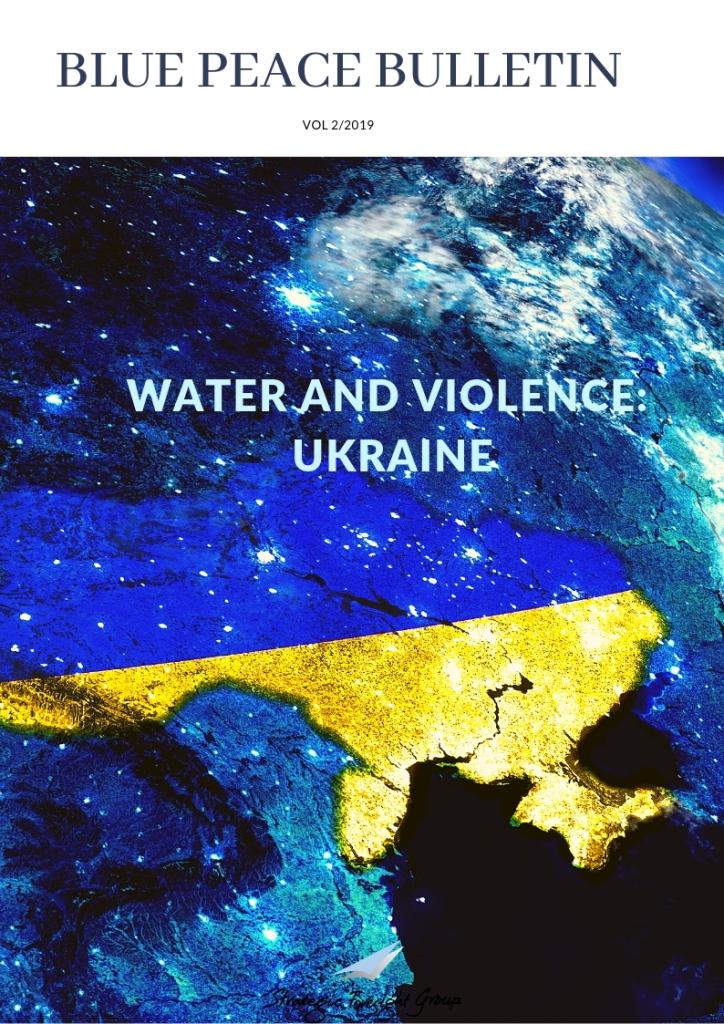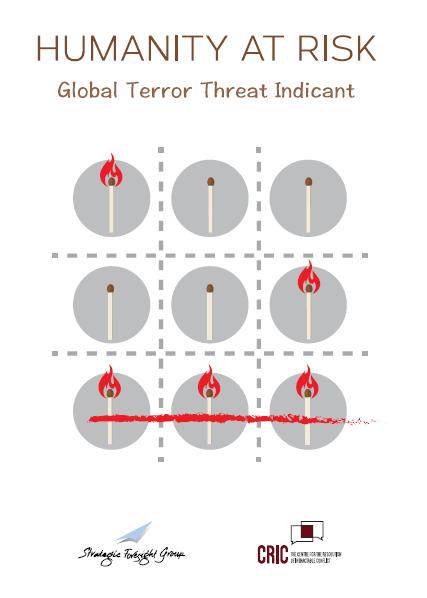Pakistan's Tightrope with Militancy
|
|
May, 2011
By Gitanjali Bakshi
|
The incident with Osama Bin Laden highlights Pakistan's ambiguous attitude towards terrorism and militancy, stating its 'war on terrorism' on paper but supporting or being complicit in terrorist activity behind the scenes. This duplicitous policy will surface once again in Pakistan's plans as the U.S. starts its withdrawal from Afghanistan, particularly with regard to India. The U.S. should seriously consider this as it takes subsequent steps to scale down its military presence in the region and it should understand that terrorism in South Asia will continue unless this tightrope that Pakistan walks with militancy is addressed once and for all.
After 10 years of hard pressed searching, Al Qaeda Chief Osama Bin Laden was found in the interiors of Pakistan and not in the border regions of the North Waziristan Agency, as had been widely speculated. The incident stands as a perfect example of Pakistan's ambiguous approach towards terrorism, an approach that India is all too familiar with.
The house in which Osama allegedly lived since 2005 (right after the Kashmir earthquake) had one of the largest compounds in a town of 900,000 residents; it was overtly clandestine in appearance with high walls and an enclosed terrace. Most surprisingly, it was situated only a kilometre away from a well established Pakistani military academy (Kakul). How could Bin Laden have remained undetected? Were certain elements in the Pakistani establishment complicit in hiding one of the world's most wanted terrorists or was it simply incapable of finding him when he laid waiting right under their noses? Either of these two options does not portray Pakistan's security forces or the country's fight against terrorism in a favourable light.
Pakistan's relationship with Hafiz Saeed, the leader of the outlawed group Jamaat-ud-Dawa and the social face for the terrorist organization - LeT, has also raised questions about the country's commitment to the war on terrorism. Saeed, implicated in both India as well as the U.S. for his involvement in the 26/11 attacks in Mumbai, has been acquitted in Pakistani courts and has now requested the Pakistani government to represent him in his pending case in New York (in the same way that it is providing representation for ISI Chief Shujaa Pasha). Saeed has made no qualms about voicing his support for slain Al Qaeda head Bin Laden and held a public funeral service for him soon after the world received confirmation of his death.
While Al Qaeda currently lacks leadership and has been weakened in strength, the LeT is gaining momentum and has begun to launch attacks that are more international and less regional in nature (the LeT was recently implicated for masterminding a plot to attack the headquarters of Danish newspaper Jylland Posten). So even if the U.S. has led an ominous blow to the Al Qaeda network, Pakistan still provides adequate breathing room and an environment for other terrorist groups to flourish and it is just a matter of time until these groups advance their area of influence.
Most of the strategic decisions taken by Pakistan are predicated upon its deep-seated anxieties of India; state policies towards militancy have been no different. Pakistan has traditionally used groups prone to militancy as a strategic manoeuvre against India. Certain officials in the Pakistani military establishment have openly admitted that they consider India a larger and more permanent threat than Al Qaeda or the Taliban. Terrorist organizations like the Lashkar-e-Taiba (LeT) and the Jaish-e-Mohammed (JeM), were fostered in order to counter the Indian presence in Jammu & Kashmir and increase Pakistani resistance along its 'eastern borders'. This makes one wonder, what exactly is the country's role in the war against terrorism? Is Pakistan required because of its commitment to the cause or is it more because of its proximity to the subject? More importantly, can Pakistan be trusted to eradicate terrorism or will it merely manage terrorism in order to advance its own agenda?
This is an important question for America as it defines Pakistan's role in Afghanistan after the pull-out. So far, Pakistan's ties to the Taliban are required in order to pursue potential avenues for communication. However America's enmity with the Haqqani network, a faction of the Taliban and a close ally of Pakistan, will prove to be another sordid triangle after the Osama incident. Certain elements within the Pakistani establishment will also provide the Taliban support in order to counter India's influence in Afghanistan. Pakistan can no longer be an ally to the West while simultaneously pacifying Anti-West forces; it cannot conduct a dialogue with India while promoting an anti-India foreign policy. If the Taliban overthrows the current civilian government and attains power forcefully then Afghanistan will transform from a potential ally to a rogue state for both America as well as India.
Osama is no longer the end goal in Afghanistan just as Saddam Hussein had ceased to be the final objective in Iraq. The U.S. is now looking for a stable government in Afghanistan and a containment of militancy in the Af-Pak region. It would therefore behove the U.S. to take India's interests into account while formulating its Afghan policies.
Related Publications
Related latest News
Related Conferences Reports
-

P5 Experts Roundtable on Nuclear Risk Reduction
Download:Geneva Roundtable Report
-

Roundtable on Global Security and Catastrophic Risks
Download:Report on RT revise





